- Empty cart.
- Continue Shopping
Sinthora (Mango) Sindoori
Original price was: ₹500.00.₹385.00Current price is: ₹385.00.
Genus : Philippine Mangoes
“The Sinthora Mango Plant allows you to cultivate your own tree and savor the irresistible taste of Sinthora mangoes. These fruits are known for their sweetness, juiciness, and rich flavor. Start growing your own Sinthora mangoes today.”
“Sinthora” as a variety or cultivar of mango. It is possible that it may be a local or regional name for a specific type of mango, but it is not widely recognized or known in the mango taxonomy. Mangoes come in a wide variety of cultivars, each with their unique characteristics in terms of fruit size, shape, color, flavor, and ripening time. Without specific information about the “Sinthora” mango, I am unable to provide a detailed description. However, I can provide a general overview of mango fruit and plant characteristics.
Mango trees, scientifically known as Mangifera indica, are large evergreen trees that are native to tropical regions and are widely cultivated for their delicious fruits. Here are some general descriptions:
Tree Description:
- Mango trees are typically large, reaching heights of up to 30 meters, although they can be pruned to manage their size for cultivation.
- The tree has a dense, symmetrical crown with dark green, glossy leaves that are usually oval-shaped and arranged alternately on the branches.
- The bark of the Mango tree is smooth and grayish-brown, becoming rougher and darker as the tree ages.
- Mango trees produce small, fragrant flowers that are typically pinkish-white or yellowish in color and are borne in panicles or clusters.
- The flowers are usually followed by the development of fruits.
Fruit Description:
- Mango fruits vary in size, shape, and color depending on the cultivar. They can be oval, round, or oblong, with a thick, leathery skin that can range in color from green to yellow to red, depending on the maturity and cultivar.
- The flesh of mangoes is typically juicy, fibrous, and golden-yellow to orange in color, although it can vary depending on the cultivar.
- Mangoes have a sweet, tropical flavor with notes of pineapple, peach, and citrus.
- The fruit typically contains a large, flat, and oblong-shaped seed or pit in the center, which is usually not edible.
Cultivation:
- Mango trees require tropical or subtropical climates with warm temperatures, and they are not tolerant of frost.
- They prefer well-drained, fertile soils, and are usually planted in full sun for optimal growth and fruit production.
- Mango trees are typically propagated through grafting or budding, as growing from seeds may result in variations in fruit quality and characteristics.
- They require regular watering, especially during the flowering and fruiting stages, and benefit from balanced fertilization.
- Pruning is important for shaping the tree, improving air circulation, and promoting fruiting, and it is usually done during the dormant season.
- There are many different cultivars of mangoes, with varying characteristics, and they can be harvested when mature and ripe.
Uses:
- Mango fruits are primarily consumed fresh, either on their own or in various culinary applications, such as desserts, salads, smoothies, and sauces.
- Mangoes are also used in the production of dried fruit, canned fruit, juices, nectars, and fruit preserves.
- In some cultures, mangoes are used in traditional medicines for their potential health benefits, as they are a good source of vitamins, minerals, fiber, and antioxidants.
- Mango leaves, bark, and seeds are also used in some traditional remedies and herbal preparations for various purposes.
- Additionally, mango wood is sometimes used in carpentry, furniture-making, and for fuel.
In conclusion, mangoes are popular tropical fruits that are widely cultivated for their delicious taste and versatility in culinary applications. However, without specific information about the “Sinthora” mango, it is not possible to provide a detailed description of its unique characteristics.




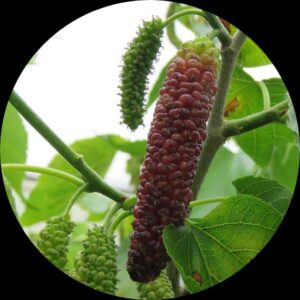
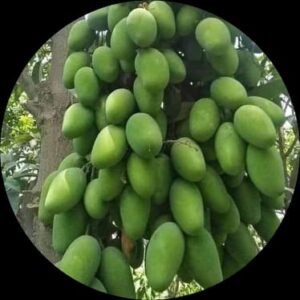
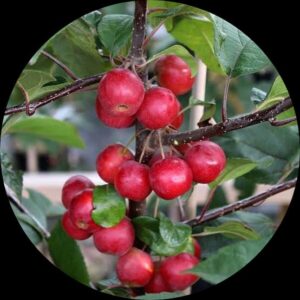
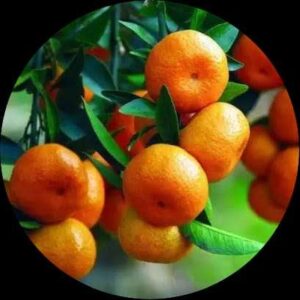
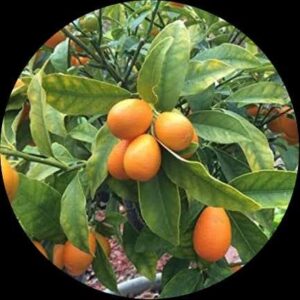
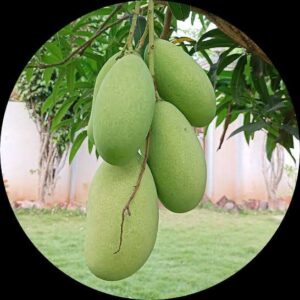
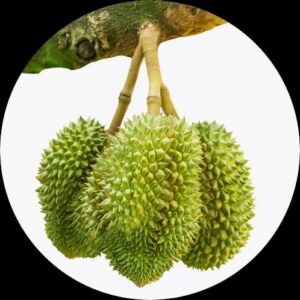
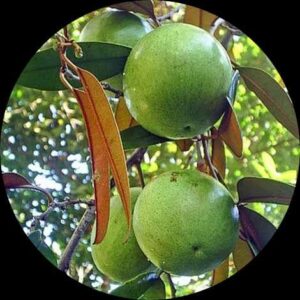
Reviews
There are no reviews yet.